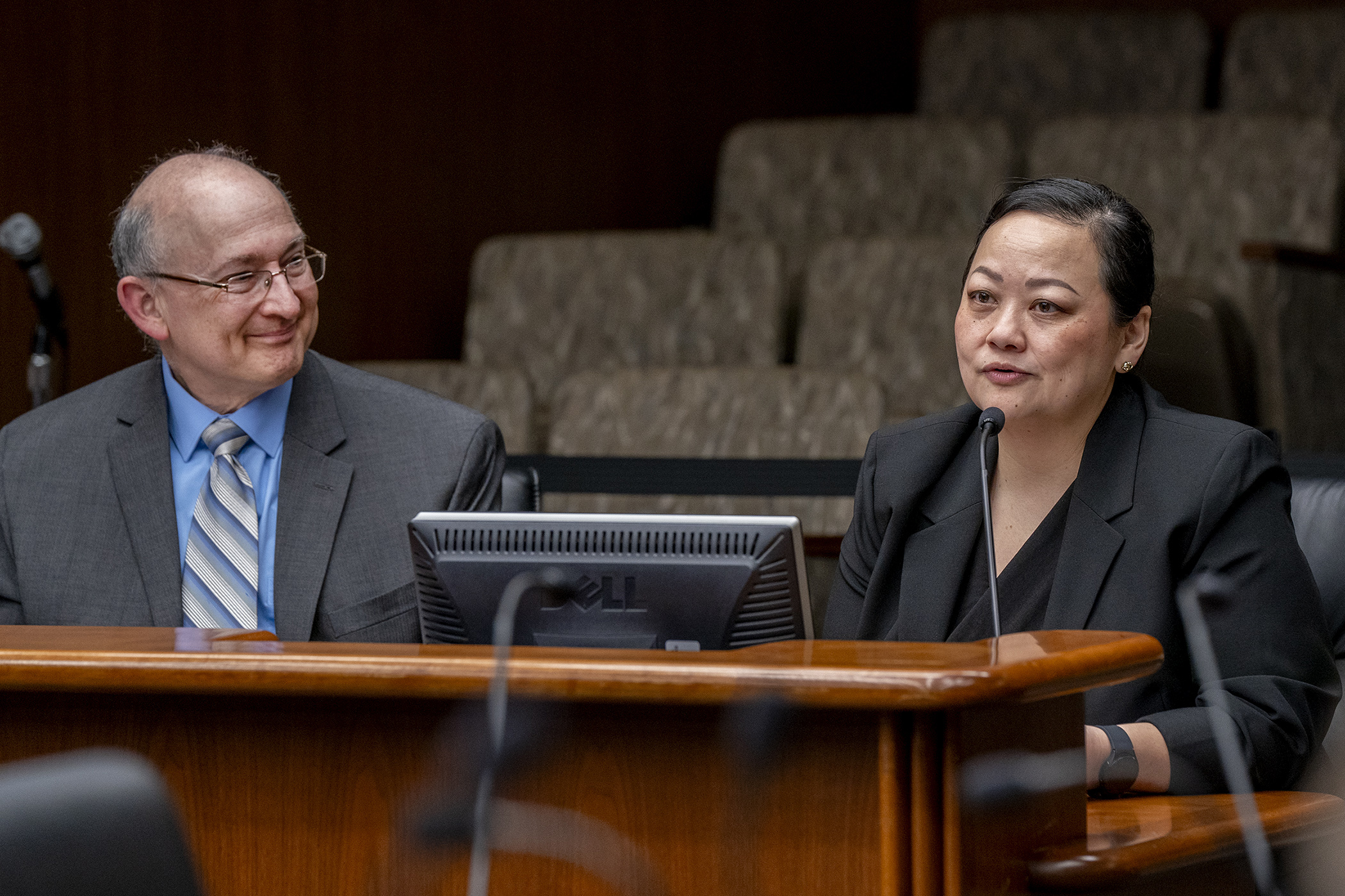Children with severe emotional disturbances could refuse medication

Children residing at mental health facilities with severe emotional disturbances in Minnesota could be allowed to refuse psychotropic medication in non-emergency situations.
Sponsored by Rep. Peter Fischer (DFL-Maplewood), HF3495, as amended, would clarify how licensed residential mental health treatment facilities could administer psychotropic medications to children with severe emotional disturbances. The child or their parent or legal representative would have to consent to the child receiving psychotropic medication in non-emergency situations.
The House Human Services Policy Committee, which Fischer chairs, laid the bill over Wednesday.
Psychotropic medication can treat mental illness and associated behaviors or can be used to control or alter behavior. They include antipsychotic or neuroleptic, antidepressants, antianxiety, anti-mania, stimulants, and sedative or hypnotic medications.
In addition, the facility would be required to have a treatment plan for that child based on a doctor’s care that delineates the expected benefits of the psychotropic medication and documents any change in the child’s behavior, including side effects.
The facility could not discharge the child if the individual refuses to consent unless alternatives have been attempted and an administrative review has occurred.
In such cases, the child’s health care provider would be consulted to determine if there is another treatment available, said James Neas, director of compliance at Volunteers of America for Minnesota and Wisconsin.
The bill could also allow children at day-service mental health facilities to take their medication without observation by a registered nurse or a licensed prescriber if the child routinely takes their medication as part of their regular life routine.
Fischer said this often relates to the use of inhalers and insulin.
“This legislation allows us to move toward an integrated, holistic model of care,” said Pahoua Yang, vice president of community health and wellness at the Wilder Foundation.
The bill lays out minimum staffing and training requirements for licenses holders and forbids facilities from administering psychotropic medication as punishment or for staff convenience.
Related Articles
Search Session Daily
Advanced Search OptionsPriority Dailies
Speaker Emerita Melissa Hortman, husband killed in attack
By HPIS Staff House Speaker Emerita Melissa Hortman (DFL-Brooklyn Park) and her husband, Mark, were fatally shot in their home early Saturday morning.
Gov. Tim Walz announced the news dur...
House Speaker Emerita Melissa Hortman (DFL-Brooklyn Park) and her husband, Mark, were fatally shot in their home early Saturday morning.
Gov. Tim Walz announced the news dur...
Lawmakers deliver budget bills to governor's desk in one-day special session
By Mike Cook About that talk of needing all 21 hours left in a legislative day to complete a special session?
House members were more than up to the challenge Monday. Beginning at 10 a.m...
About that talk of needing all 21 hours left in a legislative day to complete a special session?
House members were more than up to the challenge Monday. Beginning at 10 a.m...